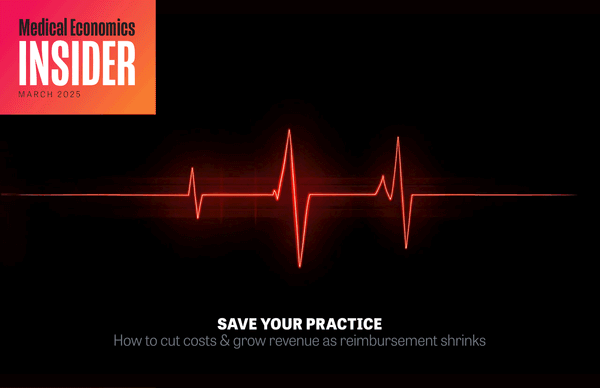
As primary care practices consider transforming to the Patient Centered Medical Home framework, one of the key concepts is increasing practice availability to patients. Adding nontraditional hours is worth exploring to meet patient needs and increase profitability.


